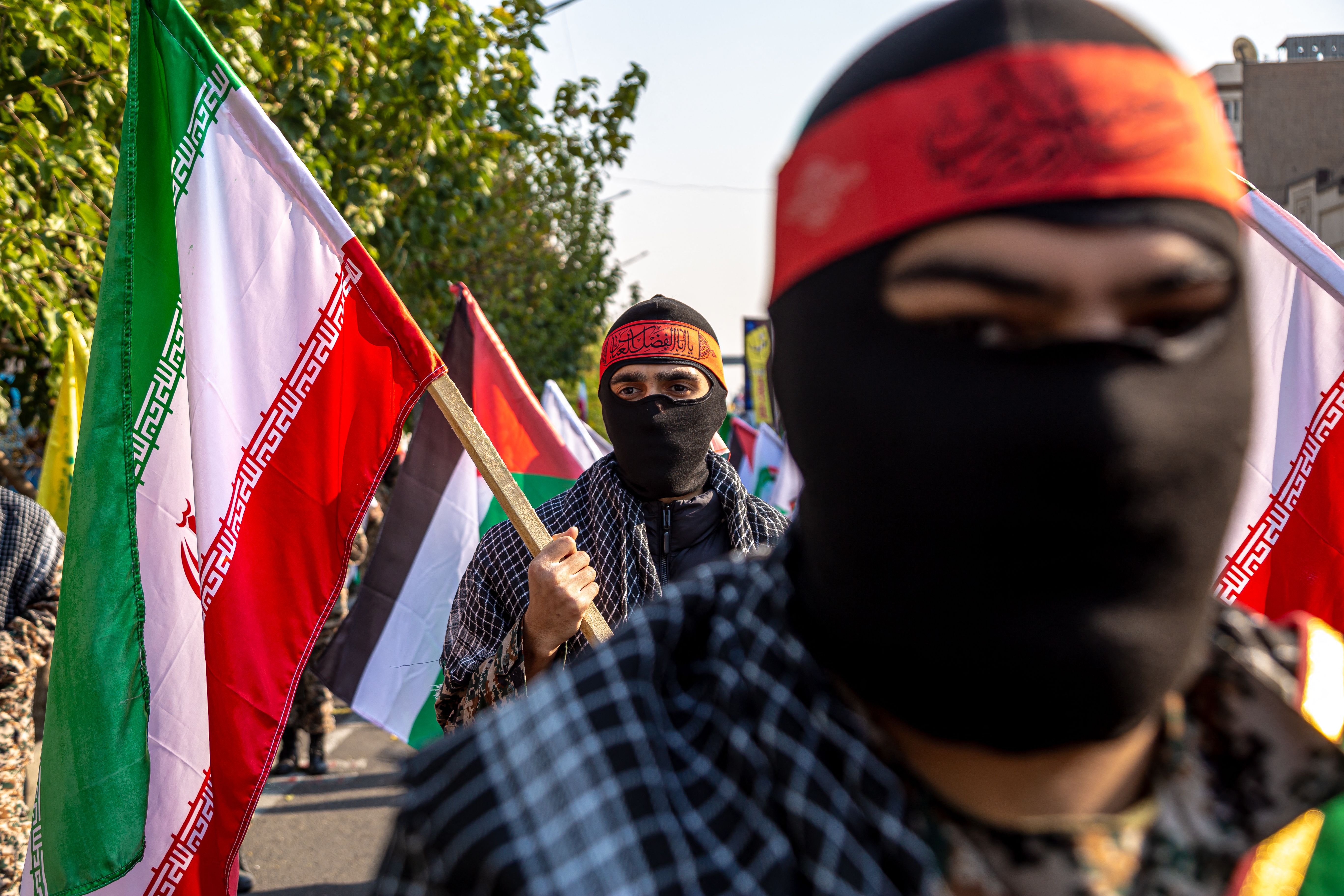As long as the military conflict in Gaza continues, Tehran will continue to express its support for Hamas against Israel. After all, the Islamic Republic has been committed to the Palestinian cause since 1979. But what can the world expect from Tehran in the event that a peace process follows this latest round of war, most likely to be led by the U.S. and the Arab states? For sure, Iran will have a hard choice to make. Will Iran choose to oppose Palestinian political negotiations with Israel, or can Tehran find a way to work with the majority of Middle Eastern countries, which seek a feasible political settlement to the Israeli-Palestinian conflict? What are the positions of the various factions in power in Tehran? How can the Arab world, particularly those states that have a working relationship with Iran, shape Tehran’s calculations? And what can the West do to encourage Iranian acceptance of an Israeli-Palestinian peace process? To discuss these questions, MEI is delighted to host an expert panel moderated by Senior Fellow and Director of the Iran Program Alex Vatanka.
Speakers
Nasser Hadian
Professor of Political Science, University of Tehran
Eckart Woertz
Director, GIGA Institute for Middle East Studies
Maha Yahya
Director, Malcolm H. Kerr Carnegie Middle East Center
Alex Vatanka, moderator
Senior Fellow; Founding Director, Iran Program, Middle East Institute
Detailed Speaker Biographies
Nasser Hadian is a professor of political science, faculty of law and political Sciences at the University of Tehran, where he also served as the director of Graduate Studies (1996-1998). He was a visiting professor and research scholar at the Middle East Institute and the Middle East and Asian Languages and Cultures Department at Columbia University (2001-2004) and the director of the Political Development Program at the Center for Strategic Research (1992-1995). He is an author of many scientific publications on the issues of Iranian contemporary politics, Iran’s nuclear program and political Islam.
Eckart Woertz is director of the Institute for Middle East Studies (IMES) at the German Institute for Global and Area Studies (GIGA) in Hamburg and professor of contemporary history and politics of the Middle East at the University of Hamburg. His research interests encompass the political economy of the Middle East and North Africa, food security, and energy issues. Previously, he held positions at the Barcelona Centre for International Affairs (CIDOB), Sciences Po in Paris, Princeton University, and the Gulf Research Center in Dubai, and he has worked for banks in Germany and the United Arab Emirates in equity and fixed income trading.
Maha Yahya is the director of the Carnegie Middle East Center, where her work focuses broadly on political violence, identity politics, inequality, citizenship and the refugee crisis. She has consulted with international organizations, including United Nations organizations and the World Bank, as well as the private sector on a broad range of issues in Lebanon, Pakistan, Oman, Egypt, Jordan, Saudi Arabia, Iran, and other countries. She serves on several advisory boards, including the UNESCO International Commission on the Futures of Education. Additionally, she is a global member of the Trilateral Commission, a co-chair of the International Advisory Board for the Asfari Institute for Civil Society and Citizenship at the American University of Beirut, and a member of the Board of Directors of the Ana Aqra Association.
Alex Vatanka is the founding director of the Iran Program at the Middle East Institute. He specializes in Middle Eastern regional security affairs with a particular focus on Iran. He was formerly a senior analyst at Jane’s Information Group in London. Alex is also a senior fellow in Middle East Studies at the U.S. Air Force Special Operations School (USAFSOS) at Hurlburt Field and teaches as an Adjunct Professor at DISAS at Wright-Patterson Air Force Base. He has testified before the U.S. Congress and lectured widely for both governmental and commercial audiences, including the U.S. Departments of State and Defense, U.S. intelligence agencies, and a list of international corporations.
Photo by HOSSEIN BERIS/Middle East Images/AFP via Getty Images












